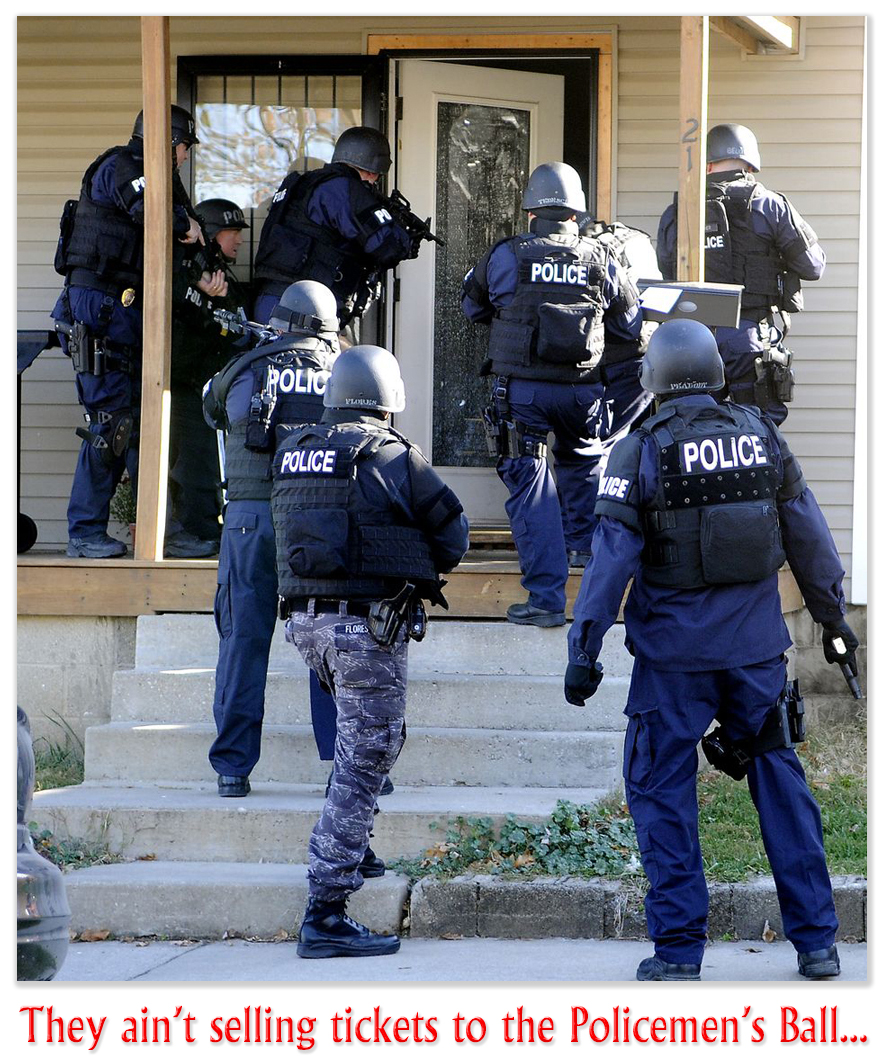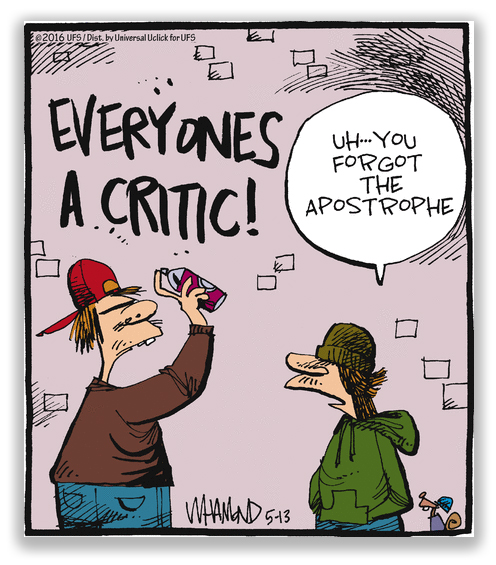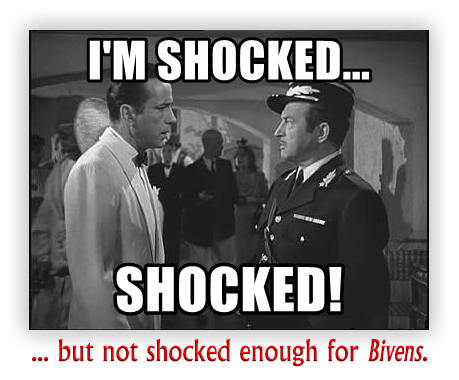We post news and comment on federal criminal justice issues, focused primarily on trial and post-conviction matters, legislative initiatives, and sentencing issues.

SCOTUS TO HEAR BIVENS, ‘PILL MILL’ CASES
 Fifty years ago, the Supreme Court ruled in Bivens v. Six Unknown Agents of the Federal Bureau of Narcotics that a person could sue federal agents and employees for violating his or her constitutional rights, even when there was not a specific law authorizing such a suit. (Bivens had its genesis in agents kicking down the door to Webster Bivens’ apartment, searching it and arresting him on drug charges, all without a warrant. The charges were later dismissed, and Webster was held to have the right to sue the agents for money damages arising from their violation of his 4th Amendment rights.
Fifty years ago, the Supreme Court ruled in Bivens v. Six Unknown Agents of the Federal Bureau of Narcotics that a person could sue federal agents and employees for violating his or her constitutional rights, even when there was not a specific law authorizing such a suit. (Bivens had its genesis in agents kicking down the door to Webster Bivens’ apartment, searching it and arresting him on drug charges, all without a warrant. The charges were later dismissed, and Webster was held to have the right to sue the agents for money damages arising from their violation of his 4th Amendment rights.
Since then, the Supreme Court recognized Bivens claims for damages for violations of the 4th, 5th and 8th Amendments, but in 2017 froze things by holding in Ziglar v. Abbasi that “expanding the Bivens remedy is now a disfavored activity.”
Last Friday, the justices agreed to decide in whether a Bivens remedy should be available to the owner of an inn on the US-Canada border who complained a Border Patrol agent violated both his 1st and 4th Amendment rights, while declining to reconsider Bivens itself.
 The Court also granted certiorari in Ruan v. United States and Kahn v. United States, consolidating those cases to decide whether when the government prosecutes a doctor under 21 USC § 841 for issuing a prescription outside “the usual course of professional practice,” the government must also prove that the doctor knew or intended that the prescription be outside the scope of professional practice. The Court will also decide whether a “good faith” defense protects doctors who have an honest but mistaken belief that they have issued professional practice.”
The Court also granted certiorari in Ruan v. United States and Kahn v. United States, consolidating those cases to decide whether when the government prosecutes a doctor under 21 USC § 841 for issuing a prescription outside “the usual course of professional practice,” the government must also prove that the doctor knew or intended that the prescription be outside the scope of professional practice. The Court will also decide whether a “good faith” defense protects doctors who have an honest but mistaken belief that they have issued professional practice.”
Those cases relate to so-called pill mills, where doctors allegedly dispense opioids to patients much too freely to feed addictions rather than for a medical purpose. The Supreme Court will consider where the line is to be drawn between doctor discretion – especially in experimenting with pain management techniques – and garden-variety illegal drug dealing.
Egbert v. Boule, Case No 21- 147 (certiorari granted November 5, 2021)
Ruan v. United States, Case No 20-1410 (certiorari granted November 5, 2021)
Kahn v. United States, Case No 20-5261 (certiorari granted November 5, 2021)
– Thomas L. Root








